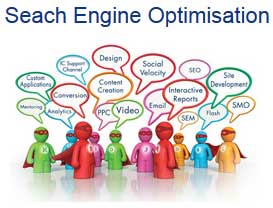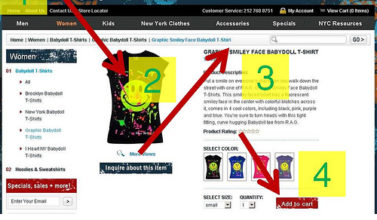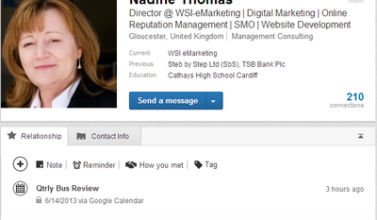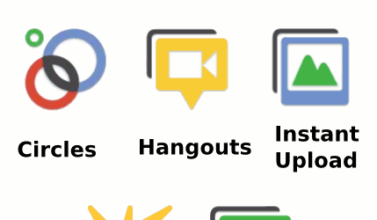
SEO or Search Engine Optimisation to give it its full name is the process that helps your website appear higher on the results page when a search for your product or service is done.
If your business appears on page 1 of the search engine results there is a higher likelihood that potential customers or clients will contact you. Approximately 70% of click throughs from the search engines come from non-paid (organic) search results. So, in today’s world of internet marketing, ranking on page 1 of the search results is very important.
Unlike paid search marketing (pay per click or PPC) there is no quick fix for SEO. It can take many months to achieve the search rankings you need to increase the number of incoming enquiries.
Many businesses launch into SEO without a clear understanding of what’s needed. They just know that they want to be ranked number 1 on page 1 for a particular word. Unfortunately, if the word they are focussing on is not one that their customers are using to search for their products or services, then being at number 1 won’t make a difference to the number of enquiries received.
Here’s a very simple and basic example. You’re a shoe shop that has just started selling a very new, little known designer brand of evening shoes that are sparkly. Let’s call them ‘Elite’ for now. They come in various colours but you know the most popular one is red. You want to get to page one for people searching for them so you optimise your website page for the phrase ‘Elite Shoes’ – the words you think people will search for.
If someone searches for ‘Elite Shoes’ you may appear on page one of their search results. Great, they may phone or buy online. But, we’ve already said the brand is new and little known, so are people likely to use that as a search term? Isn’t it more likely they would use something like ‘red evening shoes’ or ’sparkly red shoes’?
So knowing the keywords or phrases you need to optimise for is vital to success. Knowing which of those keywords or phrases then converts into sales is critical to success. Regular measurement and adjustment is needed to make sure that your SEO efforts and budget are not wasted.
In the Google Panda and Penguin world, relevant content is also critical to search engine rankings. The old days of just packing your website with lots of words in the hope that you had every possible base covered are gone. Your site has to contain useful, relevant content to the search term and searcher to rank and recent updates have penalised sites that don’t. With Google producing more and more localised results the relevance of your content becomes even more important.
Before you start out on a SEO exercise here’s a few questions to ask yourself in preparation.
- Do I have any sort of existing measurement on keywords I can use (e.g. previous PPC campaigns)
- What products or services do I want to be found for?
- What type of language do my potential clients use?
- What search terms are my potential customers likely to be using?
- Is the content on my website pages relevant to these search terms?
- Do I have a way of monitoring and measuring the results of my efforts?
If you don’t have an answer to all those questions before you start out with SEO work, then you could be making costly mistakes and wasting valuable budget.
If you need help or advice on SEO or measuring your SEO results, contact us here for further information.
[starbox]
Related Post
Top Tips for Product Page...
As the internet evolves and user expectation becomes increasingly sophisticated, creating...
- May 31, 2011
- By Rob Thomas
- e-Commerce
Content Sharing Via Social...
Target marketing to meet your business goals Is your business using social media channels...
- June 15, 2011
- By Nadine Thomas
- Digital Marketing
Can you get help to fund your...
If you need a new website, it’s possible that you could get help towards the cost....
- May 30, 2013
- By Rob Thomas
- Digital Marketing
10 Best Ways to take...
Others may have seen a pop-up ‘invitation to upgrade’ message when they accessed...
- June 1, 2013
- By Rob Thomas
- Digital Marketing
Google Hangouts – 6 Ways...
Google+ was launched just 2 years ago in June 2011. In the first 6 months of its...
- June 24, 2013
- By Nadine Thomas
- Digital Marketing
6 top tips on how to get the...
In Europe alone there are 243.2 million Facebook subscribers (internetworldstats, 2012)....
- July 3, 2013
- By Nadine Thomas
- Digital Marketing











Leave a Comments